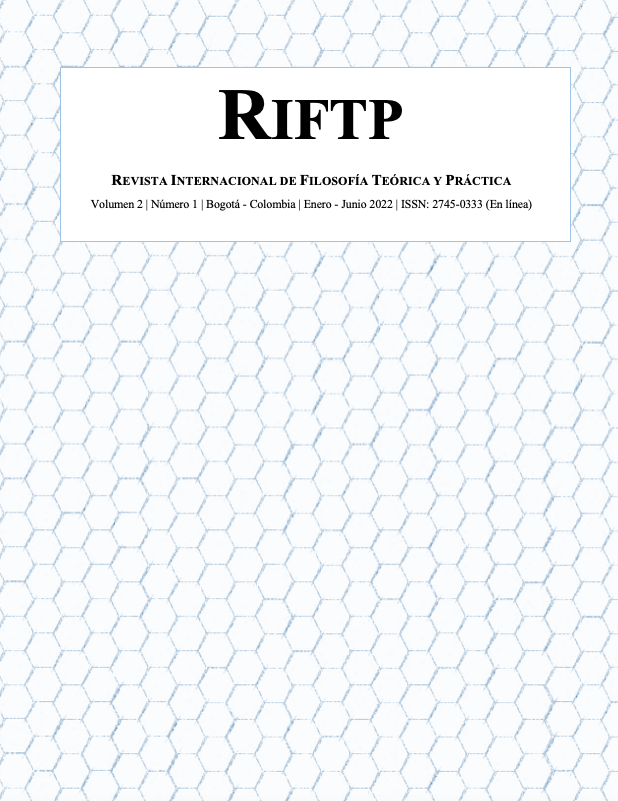Marx según Marzoa
DOI:
https://doi.org/10.51660/riftp.v2i1.45Keywords:
alienación, capital, Das Kapital, Karl Marx, estructura, sistema, teoría de sistemas, economía políticaAbstract
El sentido de este artículo es el de mostrar, mediante del análisis de la obra principal de F. M. Marzoa, cómo incluso a través de los autores que con mayor rigor enfrentan la lectura de la obra de Marx, se filtra, de diversos modos, parte del material conceptual alienado que constituye la ideología, así como versiones tópicas de determinadas desviaciones del pensamiento marxiano. Lo que vale para Martínez Marzoa (quien, a juicio del autor del presente artículo, es uno de los mejores intérpretes de Marx) vale, también, para Althusser, en parte para la “escuela de Frankfurt” y otras corrientes postmodernas.
Downloads
References
Althusser, Louis (2010). Para leer El Capital, SXXI.
Aristóteles (1987). Política. Madrid: Gredos.
Bertalanffy, L. V. (1976). Teoría General de Sistemas. Ciudad de México: Fondo de Cultura Económica.
Bunge, M. (2007). A la caza de la realidad. Barcelona. Gedisa.
Giddens, Anthony (1984). The Constitution of Society: Outline of the Theory of Structuration. Polity Press.
Hegel, G. W. F. (1974). Ciencia de la Lógica. Buenos Aires: Solar-Hachette.
László, Ervin. Introduction to Systems Philosophy. Routledge, London 1972.
Marzoa, F.M. (1983). La filosofía de “El Capital”. Madrid. Abada Editores. (2003) Historia de la Filosofía. Madrid. Akal.
Marx, K. (1976). El Capital. Barcelona: Grijalbo.
Oyama, Susan (2000). The Ontogeny of Information. Duke University Press.
Downloads
Published
Issue
Section
License
Copyright (c) 2022 Revista Internacional de Filosofía Teórica y Práctica

This work is licensed under a Creative Commons Attribution-NonCommercial-ShareAlike 4.0 International License.
Articles are published under the terms of a licence that permits use, distribution and reproduction in any medium, provided that the original work is properly cited. Ed&TIC retains the proprietary rights to the published works and actively promotes the reuse of these works under the terms of the aforementioned licence, which encourages the dissemination of knowledge and collaboration in the academic community.


